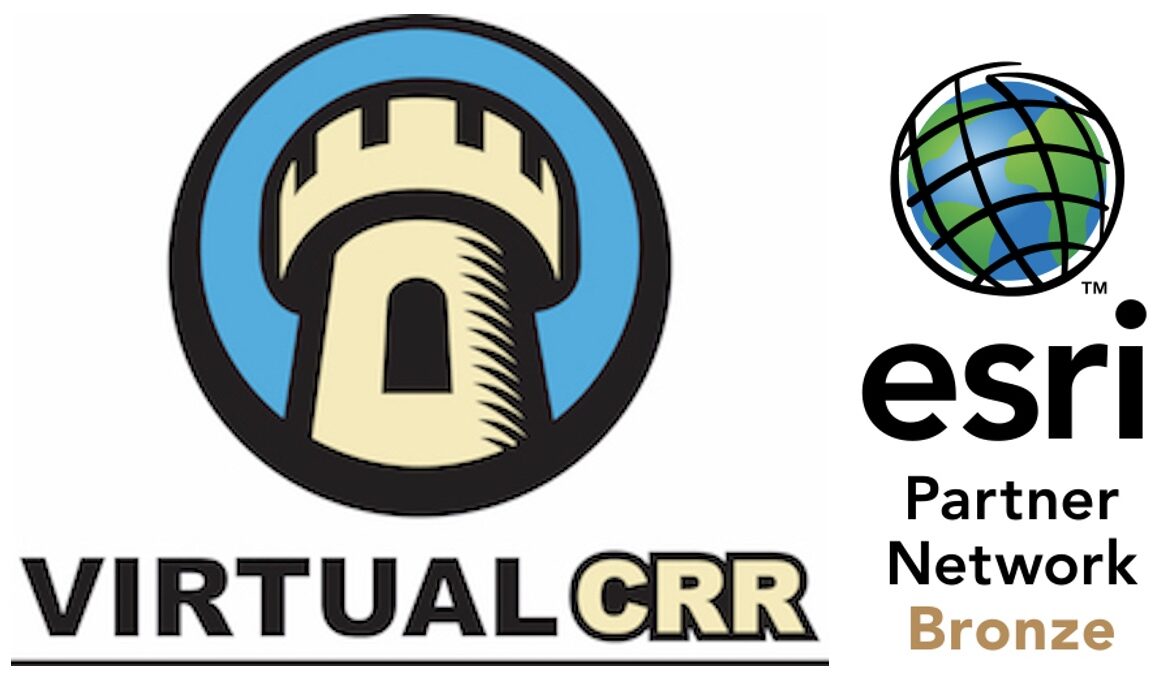What if Fire Department Responses Went Down?
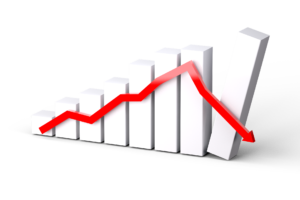
This topic came to mind after hearing Battalion Chief Zachary Wells from Kern County Fire Department give a presentation. He said, ” We should be celebrating and striving for less emergency incident responces rather than more.” I have been in the fire service for over 20 years now and there seems to be a general rule across the majority of Fire Departments. Our calls for service, or responses, generally go up over time. An example is my current agency. 18 years ago, we were running about 22,000 calls a year. We are now running over 40,000 calls a year with fewer resources than when I was hired. In the fire service, we often wear this with a badge of honor. “My rig, station, department, etc. runs more calls than yours.” If our calls for service are increasing, are we truly lowering the risk to our community? Let’s look at some possible reasons why we like calls to go up.
Pride
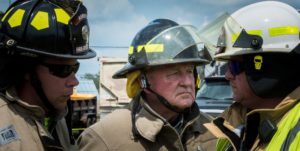
I’ve written about Pride in the fire service in the past. I talked about how Pride can be a good thing or a bad thing depending on how you look at it. Here’s a link to the article to refresh your memory. We often take Pride in working a busy house or rig. We are Proud of the opportunity to serve our community. After all, this is what we signed up for. We wanted to help others, to serve our community, and to protect them.
We’ve Taught Our Community to Be Dependent on Us
One complaint I frequently hear from those in Fire Operations is, “Many of the calls we go on are not emergencies.” I have a common response to this. “To someone with your training and expertise, this is not an emergency. To them, it is.” While this is true in many cases, have we created an environment where people have stopped being as self-sufficient as they once were? For years we have taught them to call 911 for whatever they need. Are they relying too much on our services for things that they, their families, or friends should be helping them with? Do we follow up after a call, giving them the tools, they need to take care of themselves the next time, or do we just continually complain about non-emergent calls?
Justification for New or More Resources
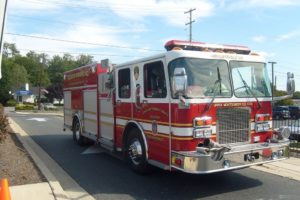 The fire service is always looking for ways to improve service to their community. Few of us are staffed to the levels we would like or need. An easy way for us to point to the need for more resources is that our call volumes have increased over time. If our call volume has increased over time. “We surely need that new station or two or three.” “We definitely need to increase our staffing on rigs.” or “We need more money to have this new program.” I am not denying the validity of any of these arguments. We must have adequate resources to protect our community when an emergency does occur. Emergencies will occur no matter what. But is there something we can do to minimize the frequency of these emergencies or the non-emergent calls? Why must they always increase?
The fire service is always looking for ways to improve service to their community. Few of us are staffed to the levels we would like or need. An easy way for us to point to the need for more resources is that our call volumes have increased over time. If our call volume has increased over time. “We surely need that new station or two or three.” “We definitely need to increase our staffing on rigs.” or “We need more money to have this new program.” I am not denying the validity of any of these arguments. We must have adequate resources to protect our community when an emergency does occur. Emergencies will occur no matter what. But is there something we can do to minimize the frequency of these emergencies or the non-emergent calls? Why must they always increase?
What Would Happen if the Responses Went Down?
We’ve discussed three possible reasons why calls go up or we want them to go up.
- Pride
- We’ve taught our community to be dependent on us.
- Justification for new or more resources.

If calls were actually to go down, how would it affect these three things? First, I’d like to talk about something that on the surface appears selfish, but is a reality. We’d get more sleep. Firefighter PTSD, suicide, cancer, heart attacks, etc. are all up. Are these and others up because of one of the contributing factors, sleep. Are we not allowing our members the rest and recovery they need?
Pride is an individual issue that we must all deal with. If we were running fewer calls, how would that truly affect your pride? Would keeping the emergency from happening or teaching your community to return to self-sufficiency give you the same sense of pride you currently have? Does teaching others to be more independent fall into your personal job description? It certainly falls into every one of our job descriptions but how about your personal one? I hope that this is something that each of us will think long and hard about.
On the surface, if we had fewer calls, it would seem to be be more difficult to get and even keep the resources we have. I really don’t believe this to be the case. Very few departments, if any, have too many resources. We have all been asked to do more with less for so long. In reality, if we could prove that we are reducing the annual risk more than it costs to staff the department, we can truly show our value. It is true that some of the duties we now experience may need to be shifted for these ideas to become realities.
“We Need to Stop Being Heroes, and Start Being Guardians of Our Community”
At the Inaugural IAFC CRR conference this year, Deputy Chief of Operations Chief Mike Carsten from Tucson, AZ Fire said the following, “We need to stop being Heroes, and start being Guardians of our community.” His department also spoke at the same conference on how they reduced calls for service by over 5000 calls a year through Community Risk Reduction. This is the equivalence of the calls of one engine company. This really got me thinking. What is the difference between a Hero and a Guardian? I think of a hero as someone who shows up in an emergency and saves the day. One who unselfishly risks their own lives to save that of another. This is what we truly do now. Few of us really likes to stand in the limelight of the moniker “Hero.” We do our chosen profession because we want to make a difference. We take pride in the actual accomplishment, not the credit.
If we are uncomfortable with the moniker “Hero,” maybe we will be more comfortable with the moniker “Guardian.” I see a “Guardian” as someone who will guard their community from any threat or risk. Especially the ones that have not occurred yet. May we think of ourselves more as “Guardians.” Have the Pride to help our communities become more self-sufficient and justify our actions through the heroic actions we perform as well as the things we prevent or mitigate through true Community Risk Reduction.
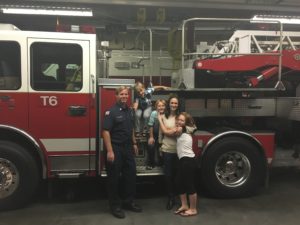 Brent Faulkner MAM, FO is the CEO of Virtual CRR Inc.. He has 22 years of experience in the fire service. During this time, he has responded to numerous emergency situations including structure fires, wildland fires, hazardous materials responses, emergency medical situations, and numerous types of rescues. In addition, he has served on a Type 1 Hazardous Materials Response Team for 16 years.
Brent Faulkner MAM, FO is the CEO of Virtual CRR Inc.. He has 22 years of experience in the fire service. During this time, he has responded to numerous emergency situations including structure fires, wildland fires, hazardous materials responses, emergency medical situations, and numerous types of rescues. In addition, he has served on a Type 1 Hazardous Materials Response Team for 16 years.
Brent had a defining moment in his career which, as a result, lead him to create Virtual CRR and his passion for Community Risk Reduction. He led a team in critical infrastructure protection at a recognized Department of Homeland Security (DHS) Terrorism Fusion Center. This team was responsible for increasing the safety of critical infrastructure as it relates to terrorism, general security, and natural disasters. He has a master’s degree in management, a bachelor’s degree in occupational studies, an associate’s degree in hazardous materials response, and another in fire science.
